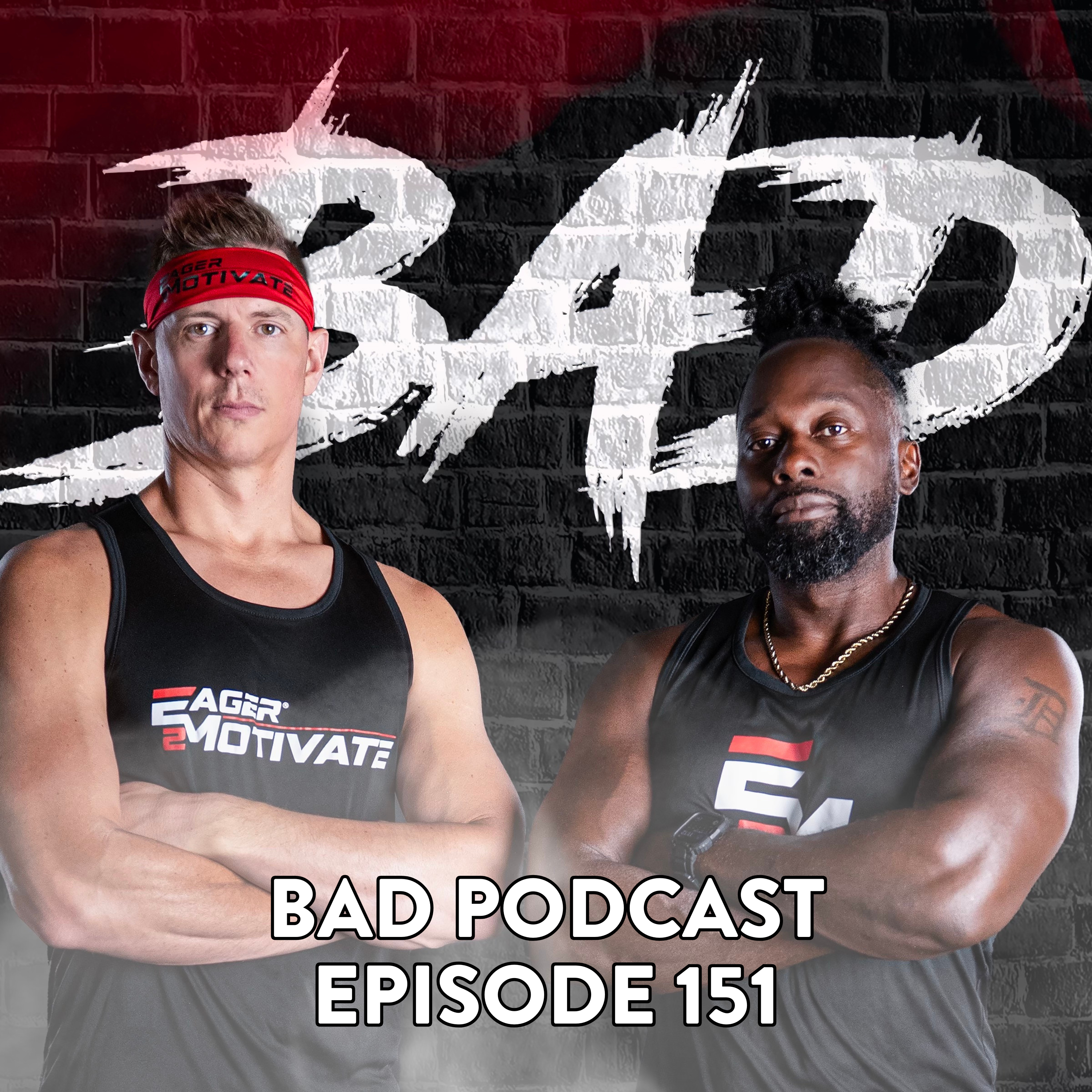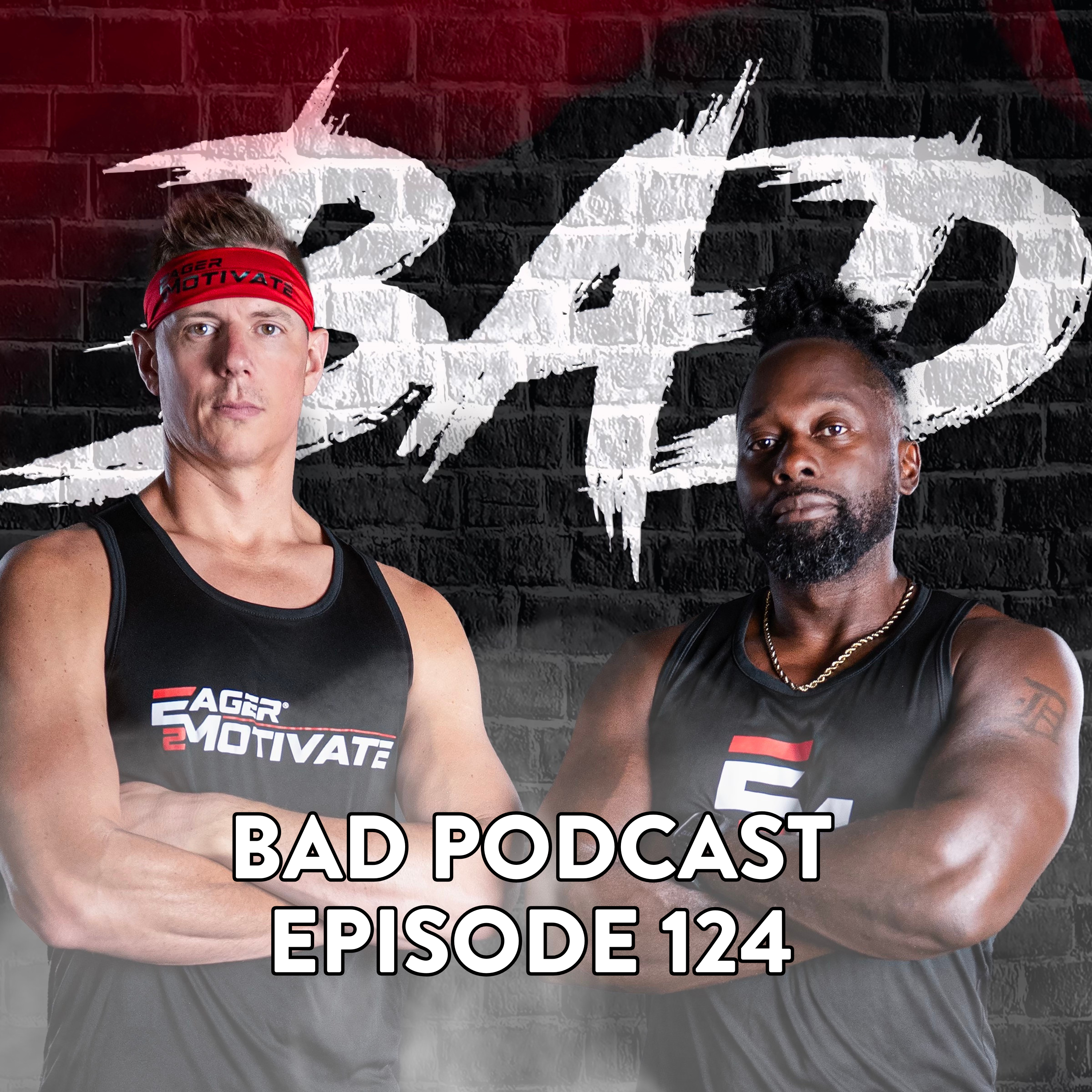Episode Transcript
[00:00:00] Hi, My name is Dr. Charisse Johnson. I'm a licensed clinical mental health therapist, mindfulness practitioner, and author. One of my primary specialties is helping individuals who want to heal the relationship between life, self and food. Welcome to Mindset Matters. We have been having a powerful, I would say, conversation around the dynamic of over consumption and understanding that it's not a lack of willpower, it's not a lack of discipline, but it is a neurobiological aspect that is rooted in unmet needs and scarcity. So let's level set by me reminding you of the definition of over consumption. Over consumption is, and I want to make sure I quote it right because I have a tendency to say things and then never quite say them the same way. Over consumption is a psychological and biological drive that leads to overconsumption of food, food of things, of emotions and experiences. Let me give you a quick caveat before I get into some of the things that will support you through challenging the habit and the brain loop that is put in place by years and years of over consumption. If you're wondering, is this really me, do I fit in this category as much as I think, take some time throughout the week and place four columns together. And under those columns place food, experiences, things, and then the last one that I am forgetting, what is it? Food, things, emotions or experiences. And then pay attention to who you are in stress and go to those columns and write down what you notice about how you're navigating stress. Are you reaching for certain foods? Are there certain things that you all of a sudden need more of and you're purchasing more? Are there emotions that you are saying, I don't want to experience this emot. So let me go over here and make sure that I'm going to experience this emotion. It will give you some phenomenal insight. That's something very simple that I do with clients and even organizations that I support. And it's a really great way for you to increase your awareness. And then from there, that intentional redirection we said last time, if you listen to the first part of this, that that was a key aspect of breaking the cycle. Not only awareness, but but consistent redirection of your habits and your values and your patterns. I ended our last session with a few reflection questions that I want to go ahead and repeat just in case you didn't hear the first part or you were kind of on the fence around how valuable they would be to you. And I encourage you to not only answer these for yourself, but they would make great conversation and Discussion. If you have any type of accountability around your health habits or just personal growth, number one, when in your life did you do more in order to feel like you needed to survive or survival meant more? More work, more time with other people, more binge watching, more over consumption of foods, more substances?
[00:03:17] Second question. What does enough mean to you emotionally, not just physically? And then three, can you recall a time when you felt full, satisfied or emotionally safe without overdoing anything? And I hope that you can reach back and identify a time. And if you can't, know that that's part of the goal. It's what I want you to be able to do.
[00:03:41] When we talk about the dynamic of overconsumption and how to challenge and redirect that brain loop, the kind of antidote, so to speak, to over consumption is sufficiency.
[00:03:55] And sufficiency isn't just a mindset. It's not just an affirmation or a belief. It is an embodied experience of allowing your nervous system to settle into a space and a breath and an existence where you can allow yourself to feel satisfied without believing that you need to do more and more in order to get there.
[00:04:23] So here's an example of a mindful interoception practice as a review. Interoception is your ability to feel full body awareness. You know where emotions are in your body and how they impact you and how you respond as a result of it. So here's what I want you to do. This is a mini body and emotion scan. Sit quietly and ask yourself these three questions.
[00:04:50] Where do I feel emptiness right now?
[00:04:59] What would help me feel emotionally full?
[00:05:06] And how hungry am I physically and or emotionally?
[00:05:14] And then I want you to rate your physical hunger on a scale of 1 to 10, 1 being the lowest, 10 being the highest, and your emotional hunger on a scale of 1 to 10.
[00:05:24] This helps you learn the difference between hunger and hollowness.
[00:05:30] And hollowness is definitely a more emotional and psychological state where there's an emptiness that we are looking to fill, and food and substances and people and experiences have become a counterfeit. This is a great tool to use at the beginning of the day, before and after meals, specifically before you are going to engage or react to something that has been a stimulus for a certain craving is to sit back and go, what's really happening to me? What am I really hungry for? Do I actually have signs of physical hunger? Or. Or is what I'm experiencing an emotional hollowness and I don't feel like I have the capacity to address it? And so I'M turning to things outside of me to do an inside job.
[00:06:23] There's also the element of how do you rewire the brain for sufficiency? So here are four tangible ways that you can work on this number 1 Name the need is the craving about nourishment or nervousness.
[00:06:40] Number two Pause the pattern. So give yourself a five minute pause before you act on whatever you're craving. And remember that craving in our discussion isn't just about food cravings, but cravings to reach out, cravings to return to an old habit or an old relationship that you know is no longer good for you. That can also be a great example.
[00:07:05] Number three Replace the ritual. So redirect to a ritual of sufficiency that could look like stretching, sipping tea or saying an affirmation.
[00:07:16] And four Anchor to the present. Remind yourself, I have enough right now and I am enough. The brain follows what we repeat. So the more we practice sufficiency, the stronger our internal signals become.
[00:07:36] Moving away from over consumption being a driving force for you and in your life is a practice. It is learning how to affirm that you are enough, and the things that you are doing and the way you're doing them is also enough. Regardless of what anyone else may think, your internal narrative is what we want to strengthen.
[00:08:01] Here are a few daily affirmations for sufficiency.
[00:08:05] 1.
[00:08:06] I trust my body to tell me when I've had enough. And our body will tell us long before we hit that place of overwhelm if we choose to listen. Another one is my value isn't tied to what I consume or control, especially considering we know that control is a myth.
[00:08:28] And then I release the lie that more is always better.
[00:08:36] Here's how you can bridge all of this awareness into action. I want you to choose one daily practice to help you rebuild sufficiency. Pause before you're eating, check in with your hunger scale, say an affirmation, and then reflect on one area of your life where you're seeking more. And then explore the real need that's beneath it. And an optional journal prompt that you can use after the session. If I stopped chasing more, what part of me would need to heal? And that might be a little scary to come to terms with, but it can be one of the most valuable things we can do to be honest and to really lean in to our truth.
[00:09:22] Closing Quote Healing the More Mentality is not about having less, it's about remembering your worth was never measured by what you consume, but by what you carry within.
[00:09:37] Listen to these tools. Share them with others, implement them in your life and then come back and let me know how it's going. I always want to leave you with a reminder that you are enough and how important it is to take these areas and these pieces of your life and implement them and really carve your path into healing and sufficiency. I can't wait until we meet again. Have a phenomenal rest of the week.


